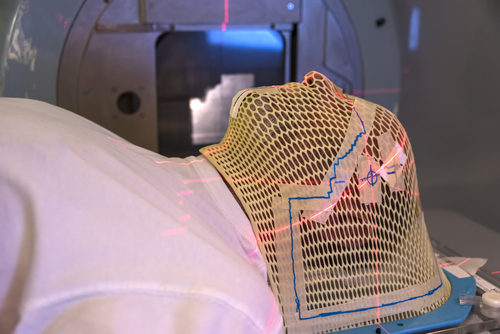A combination therapy can now treat brain cancer
ANI Apr 17, 2017
A team of researchers has discovered a vaccine, combined with high-dose chemotherapy, for treating the most aggressive form of brain cancer.

According to researchers, vaccine targeting cytomegalovirus (CMV) antigen pp65, combined with high-dose chemotherapy (temozolomide), improved both progression-free survival and overall survival of glioblastoma, also known as glioblastoma multiforme (GBM), patients. The findings, appeared in journal of Clinical Cancer Research, indicated that 11 patients, who received this combination therapy, demonstrated a median progression-free survival of 25.3 months and a median overall survival of 41.1 months.
However, three patients remain progression-free more than seven years after diagnosis. "The clinical outcomes in GBM patients who received this combination were very striking," said lead study author Kristen Batich from Duke University in Durham, North Carolina. The typical median survival for GBM patients is less than 15 months and to overcome these poor numbers, the researchers took advantage of CMV's affinity for GBM, with the viral proteins being expressed in roughly 90 percent of these tumors.
Previous work had shown that TMZ generates profound lymphopenia or the loss of immune cells, which offers a unique opportunity to retrain the immune system. The team administered dose-intensified temozolomide (TMZ) — an oral chemotherapy drug — as a strategy to further enhance the immune response.
“The dose-intensified temozolomide induces a strong state of lymphopenia," Batich noted. "With that comes an opportune moment to introduce an antigen-specific vaccine, which redirects the immune system to put all hands on deck and fight that target,” he explained. The results indicated that the excellent response rate despite the high proportion of regulatory T cells, which dampen the immune response and rebounded sharply following TMZ administration.
The researchers further wants to better understand the mechanisms that underlie the strong response rate and refine this combination therapy to produce even better results. "We want to understand why some patients do better than others,” Batich concluded.
-
Exclusive Write-ups & Webinars by KOLs
-
Daily Quiz by specialty
-
Paid Market Research Surveys
-
Case discussions, News & Journals' summaries